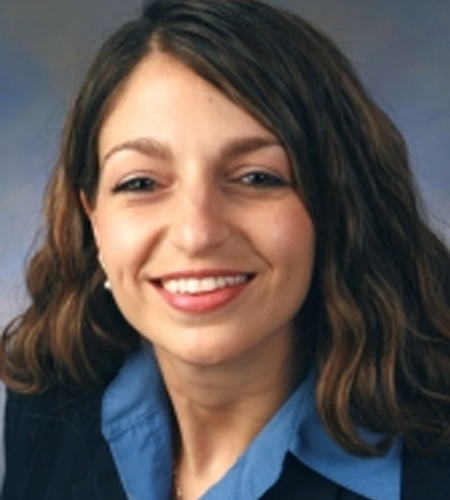Podcasts
Episode 5: How to Manage Parkinson’s “Off” Time
Parkinson’s can be unpredictable – symptoms can come and go or get better and worse throughout the day. These so-called “on-off” fluctuations (also called motor fluctuations) and dyskinesias can be troubling, but movement disorder specialists can help with the choice of medication, dosages, and timing. Dr. Irene Malaty explains more about what causes these changes and how you can work with your doctor to manage them.
Want more?
Don't forget to subscribe! There are many ways to listen: Apple Podcasts, TuneIn (Amazon Echo), Spotify or RSS Feed. (Need help subscribing? See our quick guide.)
For all of our Substantial Matters podcast episodes, visit Parkinson.org/Podcast.
Related Materials
Related Blog Posts

READ NOW

Advancing Research
Meet a Researcher Working to Make Adaptive DBS More Effective
READ NOW

Raise Awareness
Parkinson's Medications 101
READ NOW
